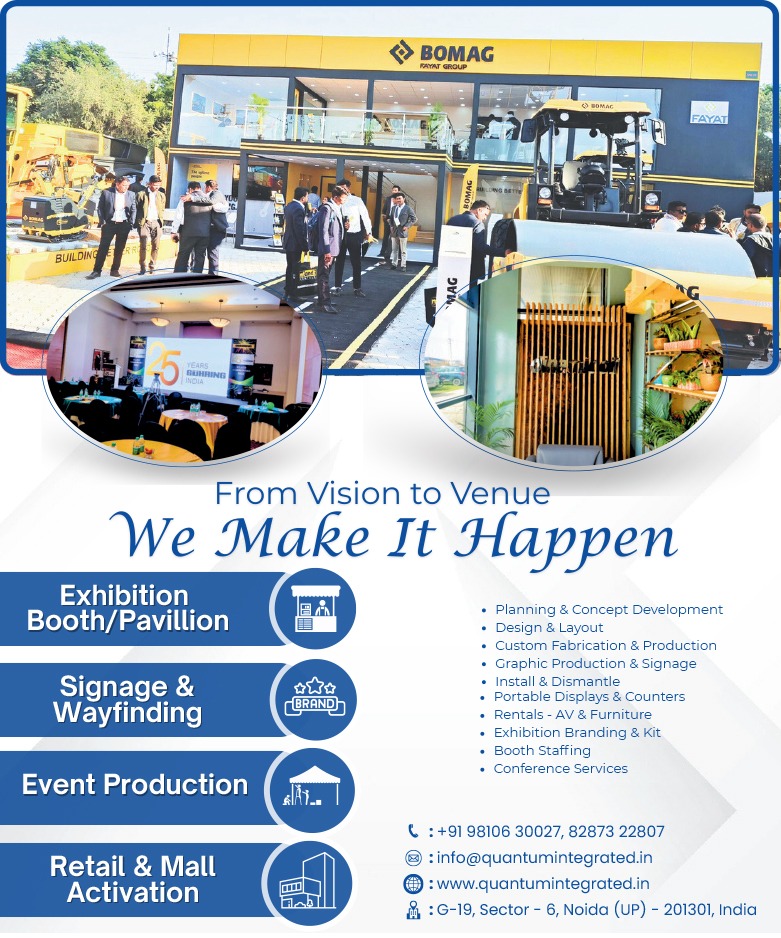By 2030, artificial intelligence will be the backbone of the manufacturing sector, transforming factories into intelligent, adaptive, and autonomous ecosystems. AI will no longer just power automation, it will drive real-time decision-making, self-optimization and predictive operations across the entire value chain. Smart factories will harness AI to manage everything from quality control to supply chain logistics, with systems that learn and adapt independently.
But the impact of this transformation extends far beyond the shop floor. It opens massive opportunities for allied industries that support manufacturing.
First, AI-integrated hardware from smart sensors to edge computing devices, will see exponential demand. Companies specializing in industrial IoT, robotics and machine vision will play a central role in enabling intelligent operations. Similarly, cybersecurity for manufacturing will become critical, as AI systems require robust protection against increasingly sophisticated threats in connected environments.
Second, data infrastructure and cloud service providers will thrive, supporting the massive volumes of real-time data required for AI models. There will be growing need for specialized AI software platforms that offer digital twins, predictive analytics and optimization tools tailored for industrial contexts.
Third, upskilling and workforce transformation represent a major growth area. Training providers, ed-tech platforms, and consulting firms that help manufacturers reskill employees for AI-integrated roles such as human-machine collaboration and AI system management will be in high demand.
Finally, the sustainability tech sector will benefit, as AI helps manufacturers optimize energy use, reduce waste and track emissions. Firms offering AI-driven environmental monitoring and compliance tools will gain strategic importance.
In short, AI in manufacturing is more than an industrial revolution, it’s a ripple effect creating vast new markets and innovation frontiers across technology, education, logistics and sustainability. The time to tap into these opportunities is now.








